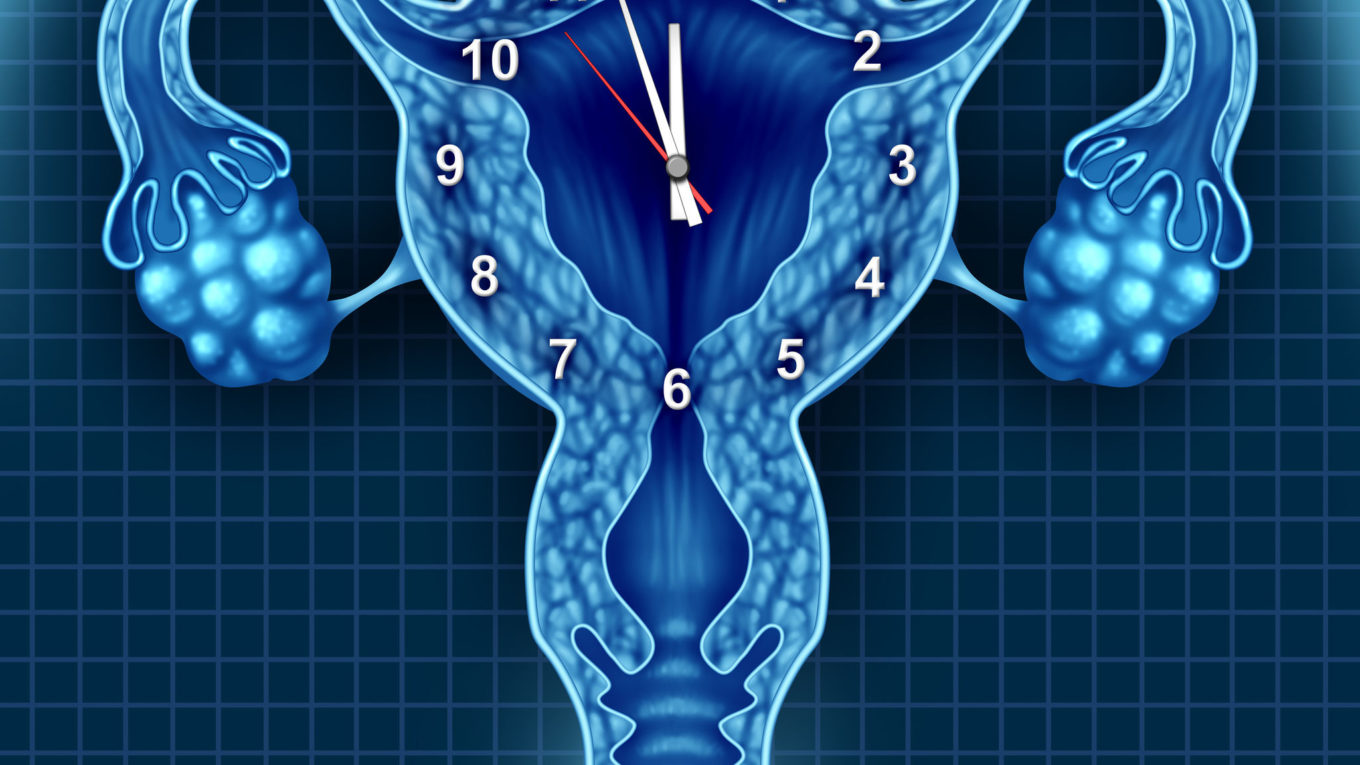Signs that your biological clock is ticking and that it’s time to have a baby
Signs that your biological clock is ticking and that it’s time to have a baby
We have always heard about the biological clock, without knowing exactly what is its role in the fertility cycle. Despite the lack of information, each stage of life is governed by this physiological concept. When the time comes to conceive a child, the body clock sends out ticking signals, and every woman unconsciously obeys them. Unless you want to outdo the fertility threshold, it is better to remain vigilant to the call of your body. Coparentalys provides an overview on the subject.
Everything you need to know about the biological clock
For some, the biological clock refers to a concept which states that the entire life cycle is regulated from a unique center: the brain. Linked to the hypothalamus, the body’s internal clock influences the fertility of every human being: man or woman. Although this physiological reality is less evident in men, it exists and plays a similar role.
For women, the biological clock is a powerful tool for detecting their fertility levels. Even if below the age of 35 it doesn’t manifest significantly, beyond that age, the ticking becomes more and more noticeable, letting the woman know that it’s time to think about motherhood.
In addition to highlighting every stage of life, the biological clock can also influence a woman in her decision to have a child. As menopause approaches, the signals intensify and become unavoidable.
Biological clock signs that indicate when to conceive a child
- You perceive maternity in a different way
You used to be afraid of stretch marks and having an altered physique, but now that your body clock is telling you to have a baby, you are thrilled about this subject. You even make faces to make a baby laugh and a pregnant woman smile. Maternity becomes a constant feature of your life.
- An irresistible desire to change your lifestyle
Before the age of 35, living a happy life as a single person or as a happy couple is enough for you to be fulfilled. But lately, you have felt that something is missing in your daily life to the point of causing you to feel stressed. After a long time of consideration, you want to change your life, to bring one more being into your home: a baby.
- Your reading habits have changed
You are passionate about fashion or news and you usually read specialized magazines on these topics. Over the last few months, you have changed your magazines and gradually been replacing your books with other literature intended for mothers. Even if it doesn’t take all your time, reading them is a real pleasure.
- You are now suddenly interested in the baby department
Usually you go shopping to the women’s stores and spend hours choosing your clothes. In a discreet way, you can’t resist the urge to go and check out what’s on the baby department. Once there those tiny clothes make you feel so happy, you want to stay in the middle of all those items for a while.
If any of these signs resonate with you, be warned: your biological clock is ticking and it’s time to have a baby!
Do men feel the pressure of the biological clock?
Seeing older men becoming fathers is a widespread phenomenon in all societies. This reality leads to the belief that men are spared by time and the biological clock. But in fact, these gentlemen face the same pressure internally as women.
Men can certainly have a child even after the age of 50, but this age exposes the baby to a significant degree of potential malformation. In fact, their bodies continue to produce sperm, but sperm quality declines with age.
Furthermore, a study carried out on more than two thousand men revealed that the quantity of produced semen decreases slightly after the age of 40. As for its quality, it may constitute the main cause of failure when it comes to procreation. This is due to low motility and the alteration of the morphology of the spermatozoa.
How can we respond to this call from within?
When you reach a certain age, the desire to be a mother can become irresistible, forcing you to think about it seriously. For legally married people, or couples, all they have to do is discuss it with their partner and agree on the conception of the child. If you are unable to get pregnant after several attempts, consider consulting a specialist. In addition, you are legally entitled to the MAP (Medically assisted procreation).
Unfortunately, not all women have the advantage of being in a relationship or married. To face this situation, there are other alternatives that allow you to fulfill your dream of giving birth. Since conventional techniques are not legally accessible to you, you can consider choosing a donor or a co-parenting arrangement. For this purpose, Coparentalys is there to help you find the ideal co-parent. You will certainly find a lot of candidates who want the same thing as you.
